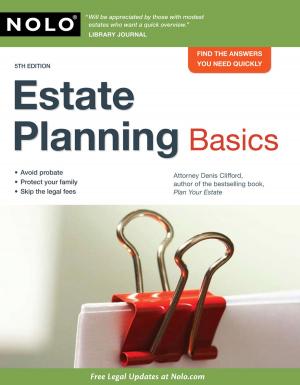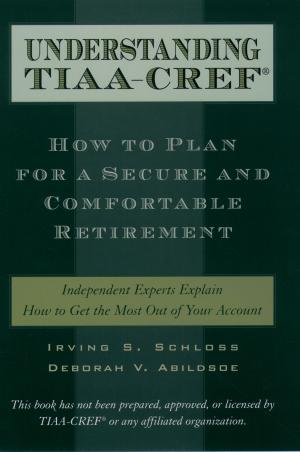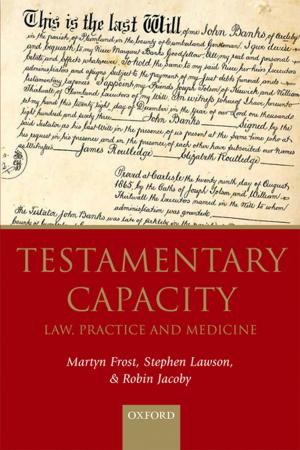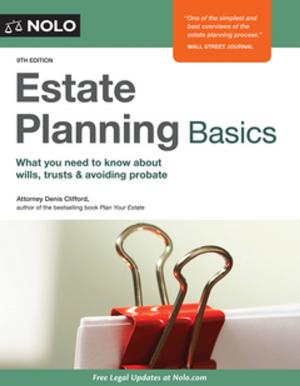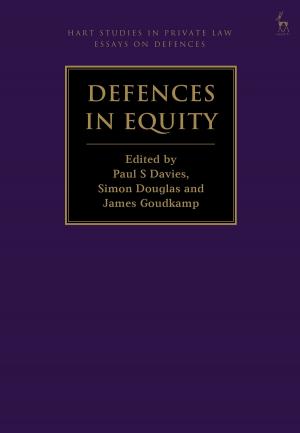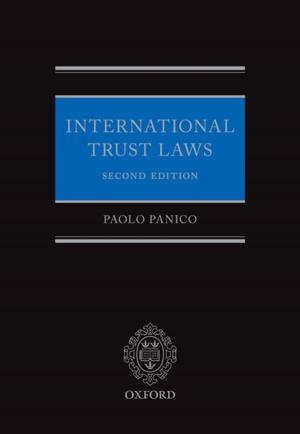| Author: | Sanket Mistry | ISBN: | 9781940788098 |
| Publisher: | Sanket Mistry | Publication: | May 29, 2014 |
| Imprint: | Smashwords Edition | Language: | English |
| Author: | Sanket Mistry |
| ISBN: | 9781940788098 |
| Publisher: | Sanket Mistry |
| Publication: | May 29, 2014 |
| Imprint: | Smashwords Edition |
| Language: | English |
One of the fastest ways to transfer property after your death is through a living trust because trusts are not required to go through probate court. In addition to saving time and avoiding probate costs, a trust lets you control who will receive property after you die. 8 Living Trust Forms helps you create your own living trust forms to meet your needs.
You'll discover how to:
avoid probate,
distribute property quickly,
keep property distributions private,
provide an alternative to creating a will,
ensure your possessions will be distributed as you wish,
reduce the potential family conflicts,
and much more.
For many people, a will is their first choice for passing on property to their loved ones, but it's not the only document that should be considered. Both a will and living trust contain your inheritance instructions, meaning they state who gets what property, when they will get it, and how they will get it. To create a living trust, a lawyer is not required or necessary, especially for simple living trusts. All you really need is a little bit of intelligence and the right information. A living trust can be an important part--and in some cases, the most important part--of your estate. A living trust can help ensure that your assets are managed according to your wishes, even if you become unable to manage the trusts yourself.
One of the fastest ways to transfer property after your death is through a living trust because trusts are not required to go through probate court. In addition to saving time and avoiding probate costs, a trust lets you control who will receive property after you die. 8 Living Trust Forms helps you create your own living trust forms to meet your needs.
You'll discover how to:
avoid probate,
distribute property quickly,
keep property distributions private,
provide an alternative to creating a will,
ensure your possessions will be distributed as you wish,
reduce the potential family conflicts,
and much more.
For many people, a will is their first choice for passing on property to their loved ones, but it's not the only document that should be considered. Both a will and living trust contain your inheritance instructions, meaning they state who gets what property, when they will get it, and how they will get it. To create a living trust, a lawyer is not required or necessary, especially for simple living trusts. All you really need is a little bit of intelligence and the right information. A living trust can be an important part--and in some cases, the most important part--of your estate. A living trust can help ensure that your assets are managed according to your wishes, even if you become unable to manage the trusts yourself.

